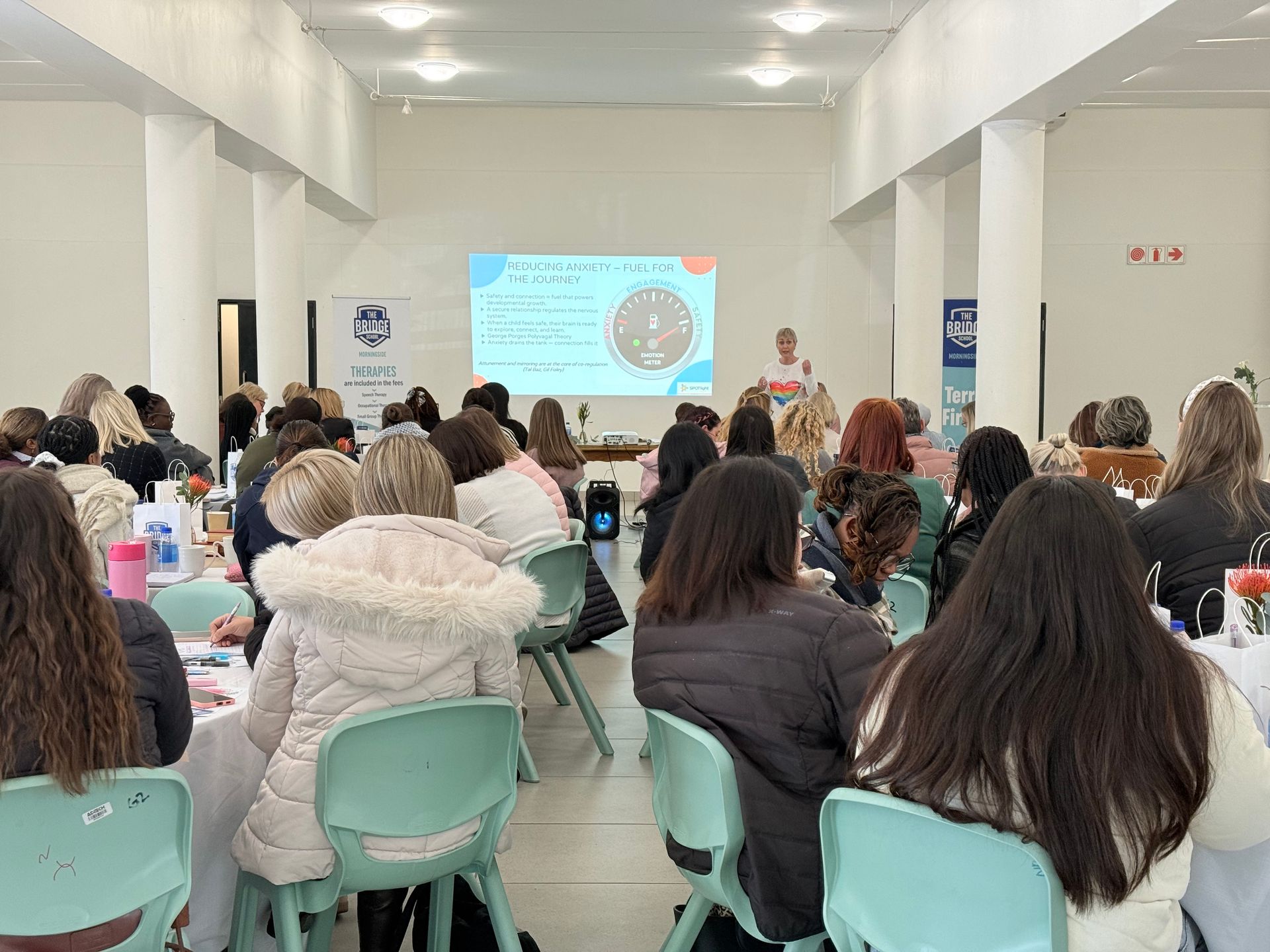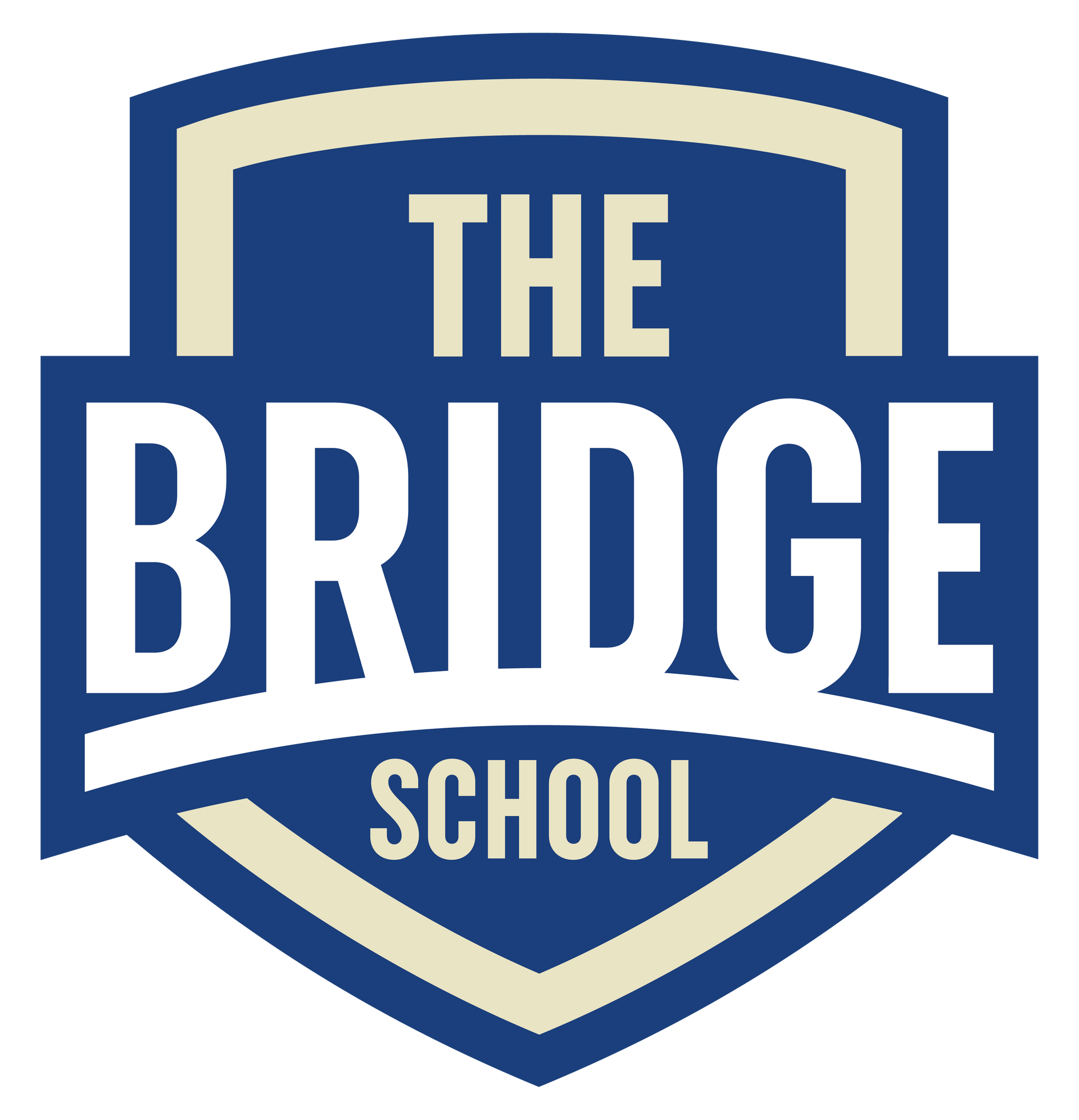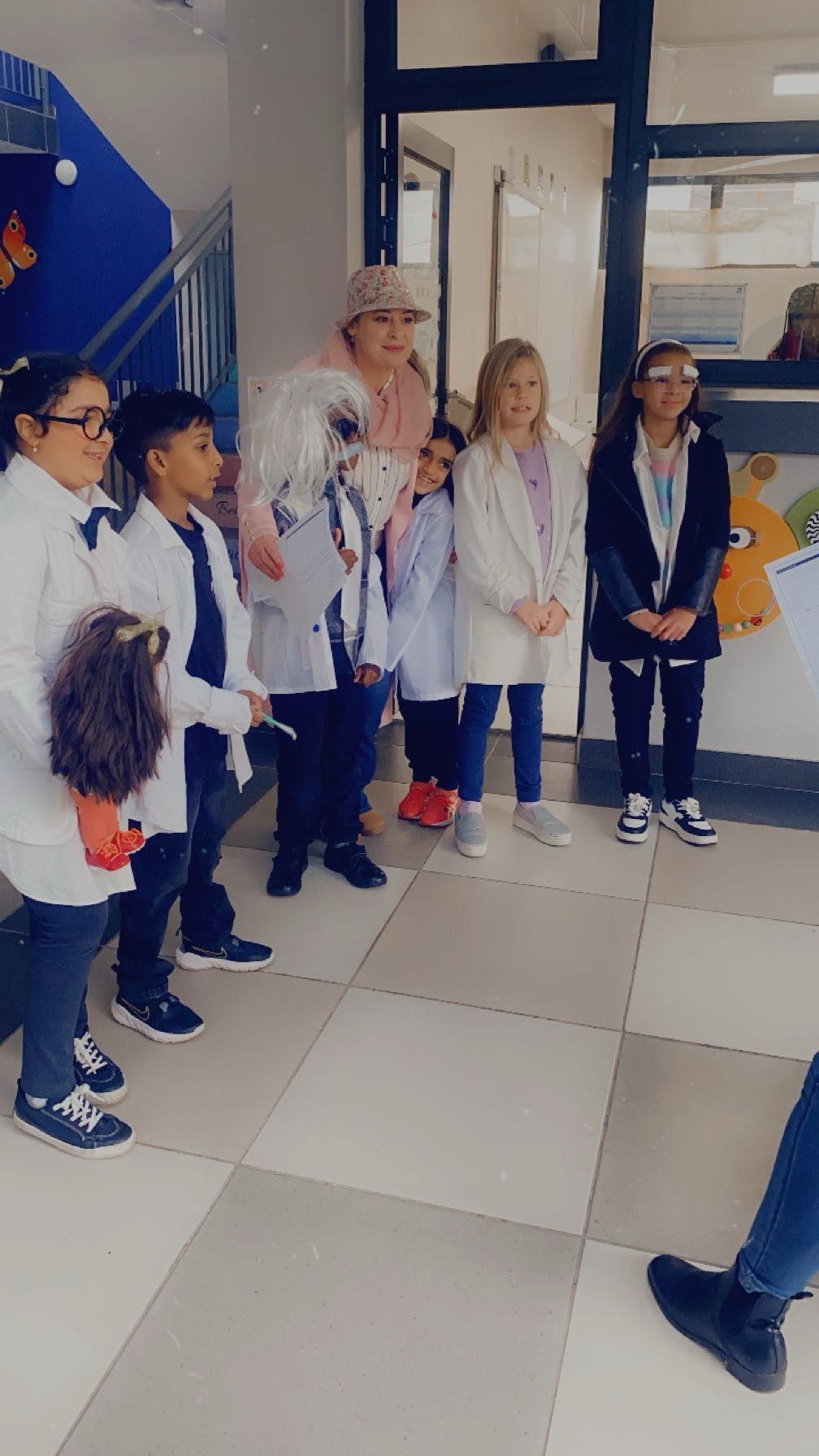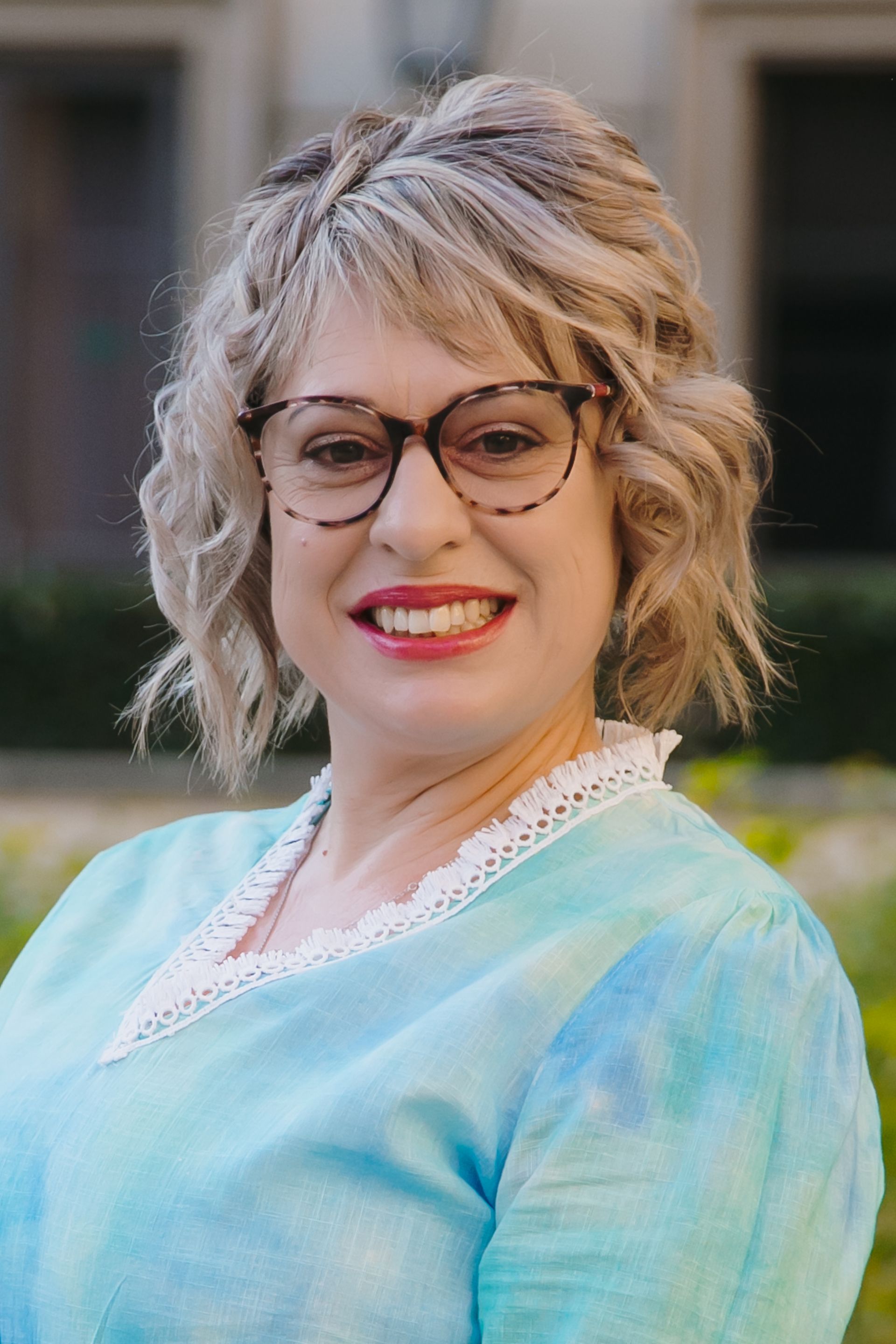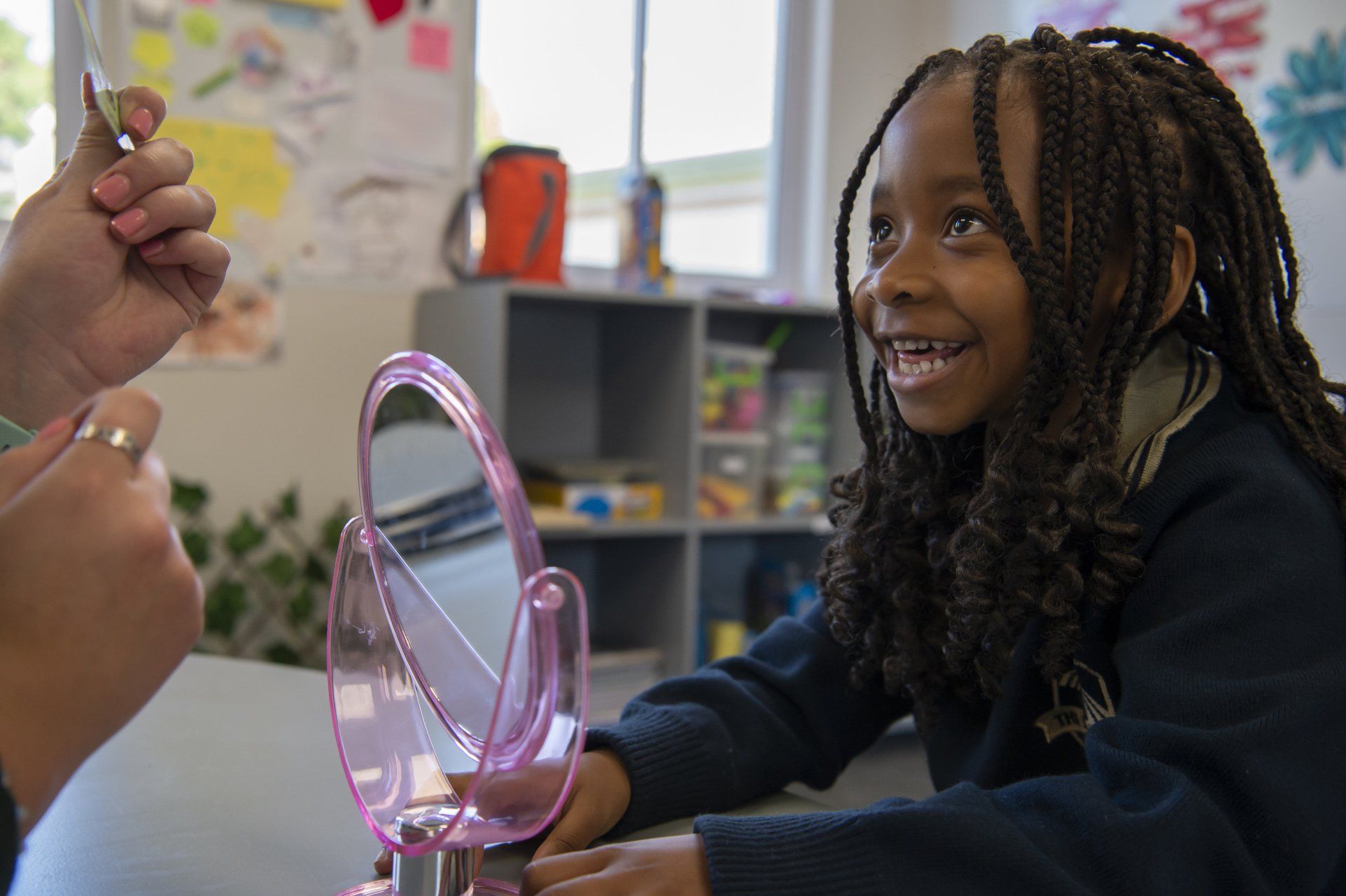Help Children Flourish Academically
There are few tools as valuable as setting goals and constantly measuring a student’s progress against these goals in ensuring a successful academic journey, an education expert says.
However, it is not enough to have vaguely defined ideas of what success will look like down the line. Instead, parents, students, teachers, and schools must have a coherent goal/measurement strategy in place from early in a child’s school career, says Desiree Hugo, Academic Head at ADvTECH’s Schools Division.
“Setting goals is an important part of a student’s educational journey. It helps them stay focused, motivated, and on track to achieving their academic and personal aspirations,” she says.
Hugo says setting clearly defined goals which are regularly reviewed, helps students manage their priorities and build confidence.
“When students have a clear goal in mind, they are more likely to stay focused and motivated. It gives them something to work towards, along with a sense of accomplishment and positive momentum once a goal is achieved.
“Setting goals also allows students to prioritise tasks and manage their time effectively, so they can focus on what is important and avoid getting side-tracked.”
In addition, goalsetting helps with decision-making.
“When you have a clear goal in mind, it’s easier to make decisions that align with that goal. Students can evaluate their options based on whether they will help or hinder progress.”
Most importantly, students themselves must take ownership of the process, with the support of their teachers, school and parents.
“Students must be placed front and centre when it comes to setting and tracking goals. That is why we have introduced Student-Led conferences - what in the past would have been called parent-teacher meetings. Instead of parents meeting alone with teachers to receive feedback, all three parties including the student now sit together. And then the student provides an update of their performance and progress in line with their personal plan.”
Hugo says that while the student takes ownership of their personal academic map, schools and parents play an important role in helping them navigate in the following ways:
· Providing guidance on how to set goals that are realistic and achievable, and helping students create action plans.
· Providing the resources required on the way to achieving those goals, including additional support where required.
· Regular scheduled check-ins, where goals are monitored, discussed, and updated if necessary so that students remain accountable and empowered.
· Creating a supportive environment that encourages growth and collaboration.
“In today’s highly competitive environment, cruise control won’t suffice in ensuring a student leaves school with a competitive advantage. The practice of goalsetting should be developed from early in a student’s academic journey – starting with setting small goals and leading to the important ones,” says Hugo.
“This helps students focus and maintain their direction, and provides intrinsic motivation as they strive to get to the next step, and then the next one and the next one in pursuit of their dreams.”
ENDS
ABOUT ADvTECH The ADvTECH Group, a JSE-listed company, is Africa’s largest private education provider and a continental leader in quality education, training, skills development, and placement services. The Group reports its performance in a segmental structure reflecting the Schools and Tertiary as two separate education divisions, and Resourcing as the third division. ADvTECH’s Schools division comprises 9 brands with more than 108 schools across South Africa and the rest of Africa, including Gaborone International School in Botswana, and The Makini Group of Schools and Crawford International in Kenya.
It owns 9 tertiary brands, across 32 campuses across South Africa and the rest of Africa. ADvTECH’s 8 resourcing brands place thousands of candidates annually, assisting graduates to make the transition from the world of study to the world of work.
